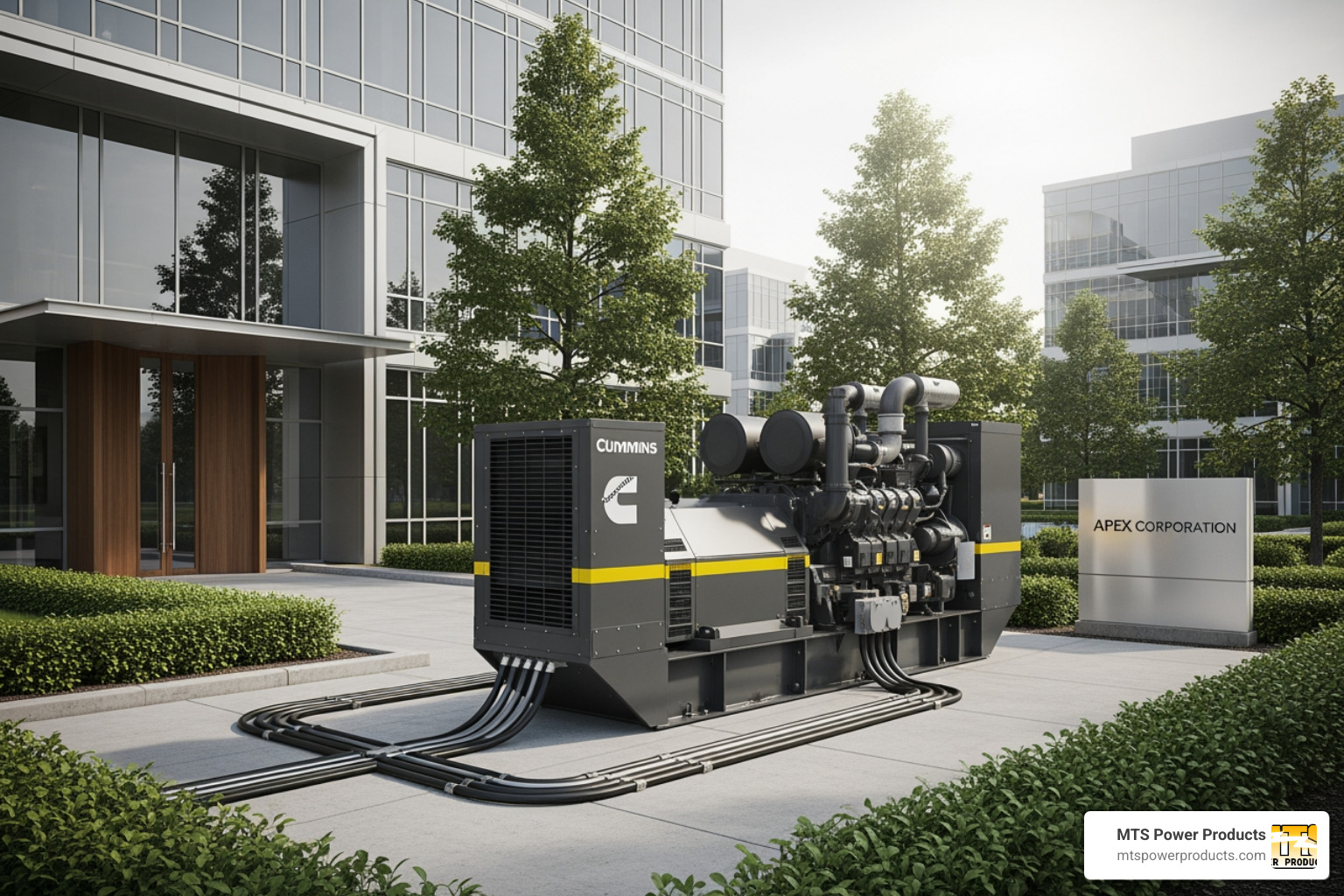
Buy Direct
from the Manufacturer
Sell our Products
Become a Distributor
Discounts
on volume purchases
Visit Us
at our Miami office
from the Manufacturer
Become a Distributor
on volume purchases
at our Miami office
In recent years, the popularity of standby home generators has continued to rise and the reasons why are clear. Every region of the United States is vulnerable to natural disasters that can disrupt life.
In Florida, we prepare for tropical storms and hurricanes. These powerful storms can cause the loss of electrical power to a business or home. Even a strong thunderstorm can cause a disruption of power.
During an emergency, it could take power companies days and sometimes weeks to restore power to a neighborhood. Standby home generators can provide much-needed power during and after a natural emergency.
When the main power is lost, the standby generator can automatically switch on and deliver a backup power source. This makes standby home generators a wise investment for homeowners.
Although there are a wide variety of models available for homeowners, it is important to consider a number of factors when determining what is the best home backup generator for you.
Home standby generators are designed to power vital appliances and utilities such as refrigerators and air conditioning units. Every important appliance and utility within a home requires a certain amount of electricity to function.
Understanding what these power requirements are is an important factor when choosing a residential standby generator. A licensed electrician can help homeowners determine their power needs.
Every standby generator requires a fuel source in order to function and provide backup power to a home. The most widely used standby generator fuel sources include gasoline, liquid propane, diesel fuel, and natural gas.
The different fuel sources have their own advantages and disadvantages that homeowners should keep in mind. Gasoline, for example, is typically only used in portable generator units.
Natural gas is a popular fuel source with homeowners because of its affordability. During a natural emergency, however, it may become difficult to obtain liquid propane.
Diesel fuel is similarly affordable and diesel residential standby generators are considered durable and easy to maintain. Similar to liquid propane, diesel fuel can become more difficult to obtain following a natural emergency.
Although natural gas backup home generators are less fuel-efficient than diesel generators, they provide homeowners with other important benefits. The most important of these benefits is having ready access to the fuel source through natural gas lines that run beneath a home.
The transfer switch the next consideration homeowners should determine when choosing residential standby generators. When main power is disrupted to the house, the automatic switch will activate on its own and signal the generator to begin supplying power.
This creates an easy transition that can keep appliances and the unit itself safe. A manual transfer switch requires the user to manually transfer power.
Choosing the right standby home generators is easy with the assistance or generator manufacturers like MTS Power Products. Our expert team of specialists can assist you through every step of the process. Contact us today to speak with a friendly technician.